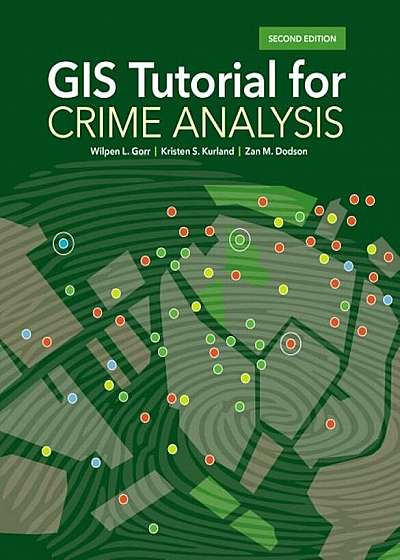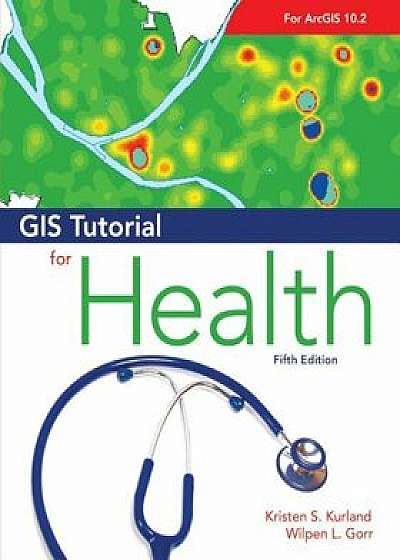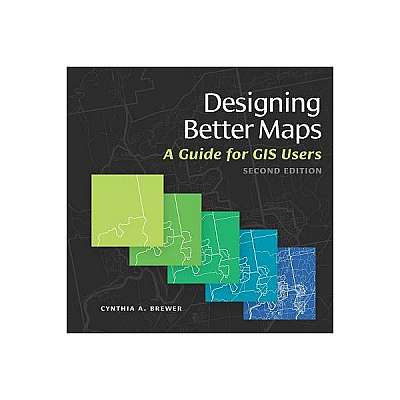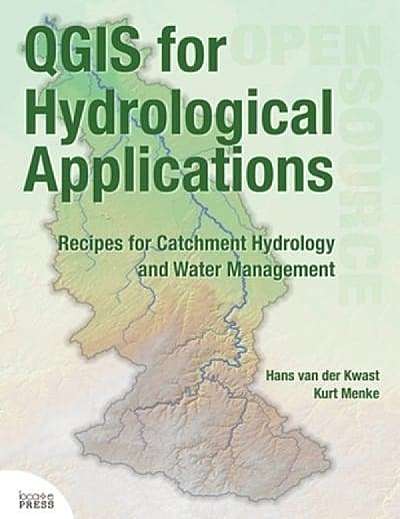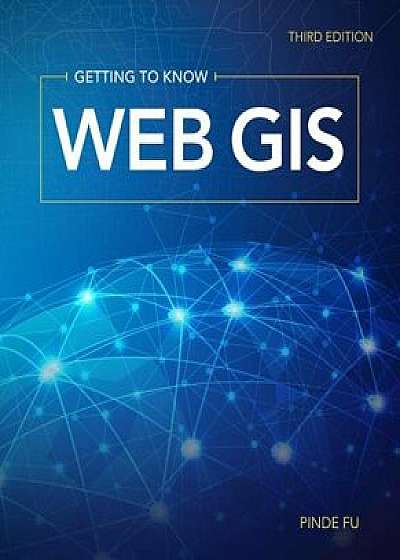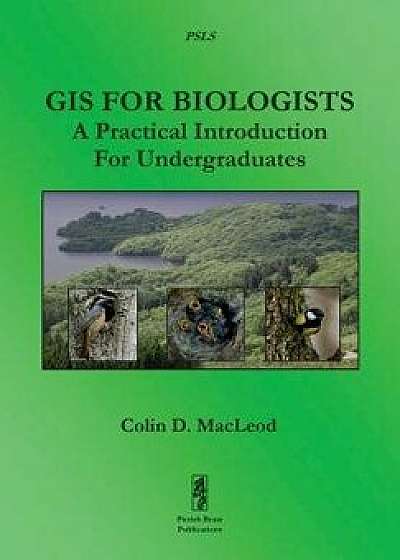
GIS for Biologists: A Practical Introduction for Undergraduates, Paperback/Colin D. MacLeod
Descriere
This book provides a user-friendly and practical introduction for undergraduates to the use of Geographic Information Systems (GIS) in biological research. Unlike most other books about using GIS, this information is specifically presented in a biological context and it is divided into two sections. The first section provides just enough background information to allow the novice biological GIS user to get started with GIS without getting too bogged down in the theory behind it or making some of the most common mistakes made by beginners. It covers areas such as what GIS is, why GIS is useful in biology, the basics of GIS, common concepts and terms in GIS, how data are contained in a GIS, useful information about what to think about before starting a GIS project and how to break down and translate ecological tasks into the language of GIS. This information is all provided in easy-to-read and non-technical language, with specific reference to its application in biological research. The second section, which constitutes the main body of the book, consists of six practical exercises accompanied by detailed instruction sets. The first four exercises introduce the novice biological GIS user to basic, but important, GIS skills, such as making a map, creating new feature data layers, creating raster data layers and joining together data from different data layers. The final two consist of case studies of how GIS can be used to answer real biological research questions. Each of these exercises represents a stand-alone GIS lesson which can be completed either on its own or as part of a practical session for an undergraduate class. In addition, each exercise focuses on a different area of biology, such as tropical ornithology, epidemiology, marine biology and rainforest ecology, and on a different part of the world, including the Amazon rainforest, a Scottish field station, Mount Mabu in northern Mozambique, the North Atlantic Ocean and the USA. Instructions for each exercise
